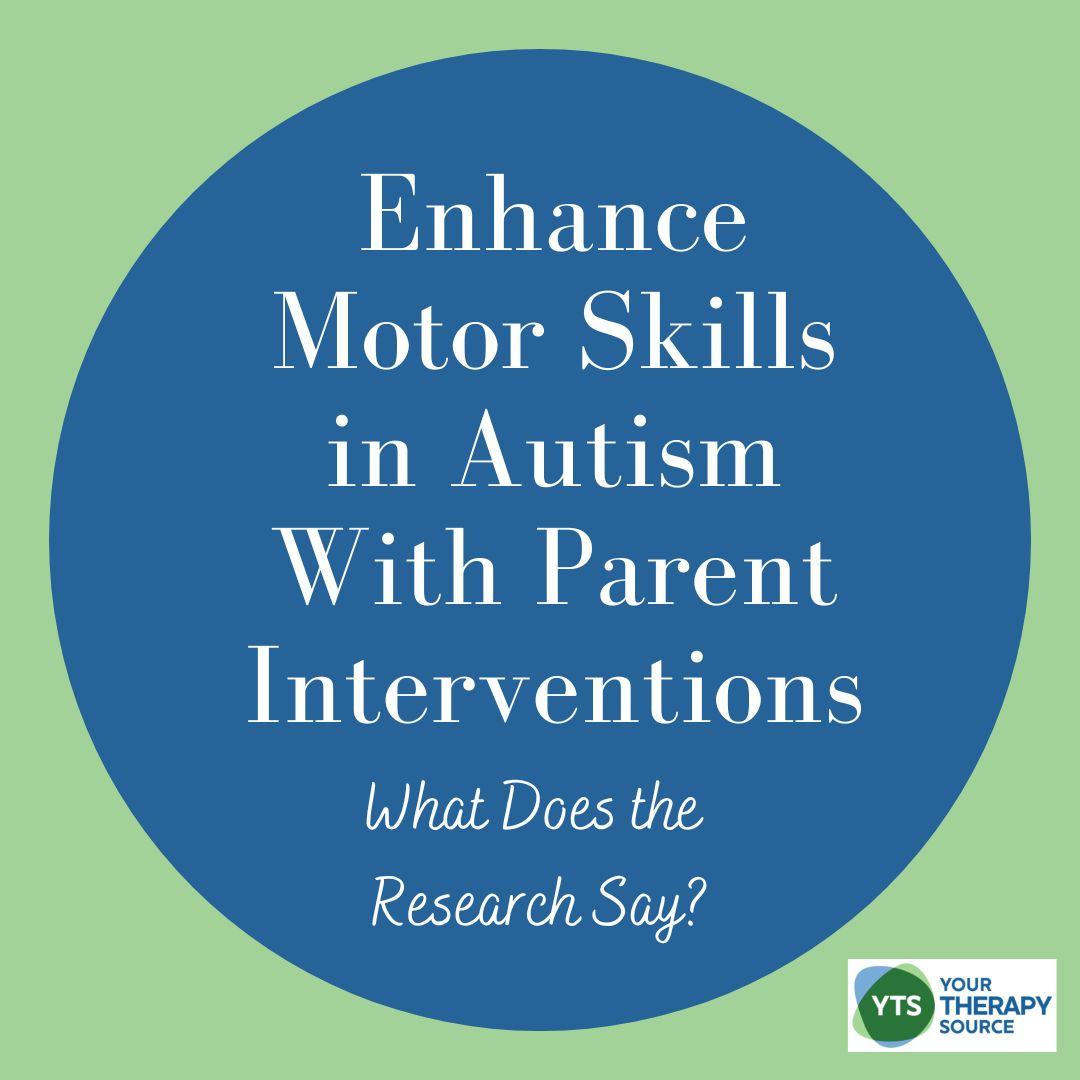Enhance Motor Skills in Autism With Parent Interventions In the realm of child development, especially for autistic children, the development of Fundamental Movement Skills (FMS) is crucial. FMS are the building blocks of more complex movements and are essential for children’s physical and cognitive development. However, autistic children often face challenges in developing these skills naturally. This highlights the need for effective interventions, and recent research has shed light on a significant approach to enhancing motor skills in autism with parent-mediated interventions. Methodology: A New Approach to Enhancing FMS Traditional interventions for improving FMS in autistic children have predominantly focused on the children themselves, often in clinical or educational settings. However, recent studies have explored the impact of involving parents more directly in these interventions. In these studies, parents of autistic children were trained to assist in FMS development through structured activities and were provided with resources like equipment and a mobile application with over 200 games and activities. This study included parents and autistic children aged between 4 to 11 years divided into three distinct groups: an in-person workshop group, an online group, and a control group. Each pair was engaged in a 12-week intervention program, during which they were provided with specialized physical activity equipment and access to over 200 activities through a mobile application. Assessments of the children’s progress were conducted at both the beginning and the conclusion of the 12-week intervention period. Exercise Posters for Kids – Printed Results: The Impact of Parent Involvement The findings from these studies have been encouraging: Enhanced Effectiveness: Children whose parents received in-person or online training showed more significant improvements in FMS compared to those in control groups. Sustainable Development: Early development of FMS, guided by parents, was found to be crucial for the child’s long-term participation in various physical activities. Parental Influence: The studies highlighted the role of parents’ attitudes and perceived control over activities, influencing the effectiveness of the interventions. Collaboration with Professionals: The importance of collaboration between parents and health and PA professionals was emphasized, advocating for a network of support. Key Action Points for Teachers, OTs, PTs, and Parents Integrate Parental Training in Interventions: Parents should be included as active participants in the development of their child’s motor skills. This can be done through workshops, online courses, and regular consultations with professionals. Provide Accessible Resources: Equip parents with the necessary tools, such as easy-to-follow activity plans, equipment, and digital resources like apps that offer a variety of games and activities suitable for autistic children. Encourage Multi-Disciplinary Collaboration: Build a network of support involving physical education teachers, occupational therapists, physical therapists, and other relevant professionals to provide comprehensive guidance and support to parents. Focus on Sustainable Practices: Develop interventions that not only address immediate skill development but also consider the long-term sustainability of these practices within the family environment. Address Barriers Proactively: Recognize and work to eliminate common barriers to participation in physical activities, such as financial constraints, lack of knowledge, or overwhelming family schedules. Promote Family-Centered Approaches: Encourage practices that involve the whole family, fostering an environment where physical activity and skill development are part of the family’s daily routine. In conclusion, parent-mediated interventions offer a promising approach to enhancing the FMS of autistic children. By empowering parents and fostering collaboration with professionals, we can create more effective, sustainable, and inclusive environments for the development of these essential skills. Reference Prieto, L. A., Meera, B., Barry, A., Swarup, G., Asmus, J., Ku, B., … & Columna, L. (2023). A randomized parent‐mediated physical activity intervention for autistic children. Autism Research , 16 (7), 1450-1461. Related Posts Motor Skills in Adults with ASD Autism and Sensory Processing Disorder
This content was originally published here.
